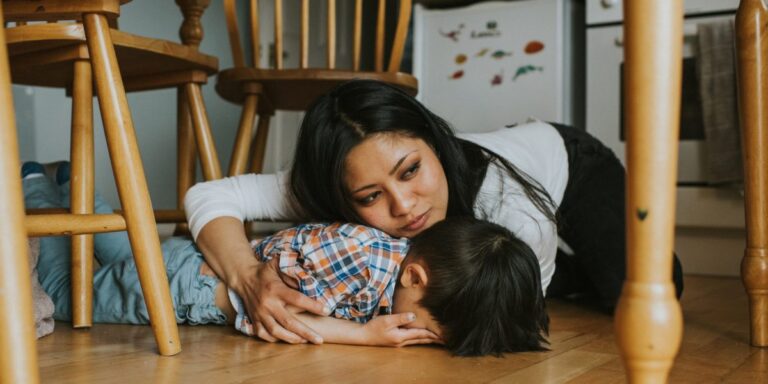
They say a parent’s happiness is priceless, but an economy marked by inflation could challenge that notion as people shell out thousands of dollars to raise their children.
Even though the cost of living is falling a bit, the cost of everything from luxury strollers to baby formula has increased for today’s generation of parents. All this means that three in four people with a child say having and raising their child was “much more expensive than expected”, according to one study. LendingTree Survey of more than 2,000 adult consumers in the United States
Topping the list of expenses they face are food (21%), childcare (19%) and clothing (13%). Indeed, even if inflation slows, the cost of products remain expensive partly due to labor costs and supply issues. And of course, the nation child care crisis– in which lack of funding contributes to staff retention issues – leads to a scramble to find affordable help.
Nearly half (45%) of parents say they feel like they have to spend too much on their child in order to keep up with the Joneses. Some (55%) dipped into their savings and put the negative amount down to cover the costs of raising their children, although most of them do not regret having done so. Nearly 80% of parents report making financial sacrifices for their children, with the most common lifestyle changes being cutting personal spending, followed by postponing retirement or personal investments, and giving up their own career or study opportunities.
A projection distinct from that of Brookings towards the wall street journal estimated the cost of raising a child born in 2015 to be about $18,271 per year on average for a middle-income married couple with two children.
Ultimately, it seems that most parents have to put their own financial or career goals on the line to be able to provide their child with a comfortable lifestyle. It is worth noting that in heterosexual relationships, the weight of these sacrifices often falls on the woman’s shoulders, weighed down by both the wage gap and the wage gap. gender-specific family roles.
“Too often we hear the narrative: ‘If you can’t afford kids, don’t have kids,'” said Julie Kashen, senior researcher and director for women’s economic justice at Century Foundation. Fortune last fall. “But having children isn’t like buying a sauna at home or a luxury car, and it certainly shouldn’t be reserved for the rich.”
But as things stand, only higher-income households are able to truly escape the childcare crisis. Almost all (90%) of those surveyed say it would be easier to be a parent if they had more money, adding that they could spend more on clothes and extracurricular activities.
The difficulty of having a child has started to dissuade more and more adults from having their own: 31% of those surveyed say they have had fewer children due to their current finances. And a separate report from Pew Research Center shows that the number of young adults saying they are not likely to have children increased from 37% to 44% between 2018 and 2022. With an aging population and low fertility rates, it appears that the America is poised to continue becoming an aging country. nation if the price of raising a child does not decrease soon.


